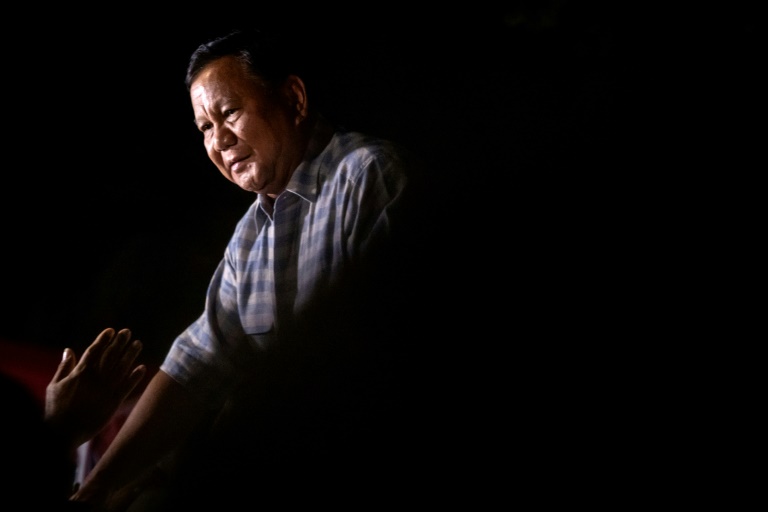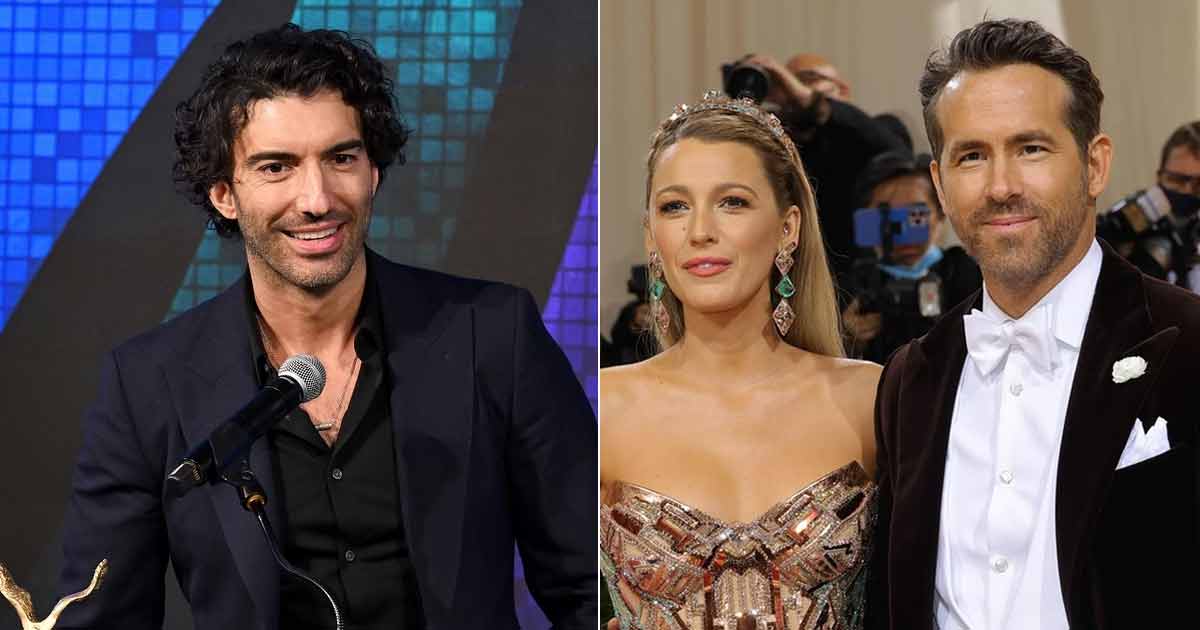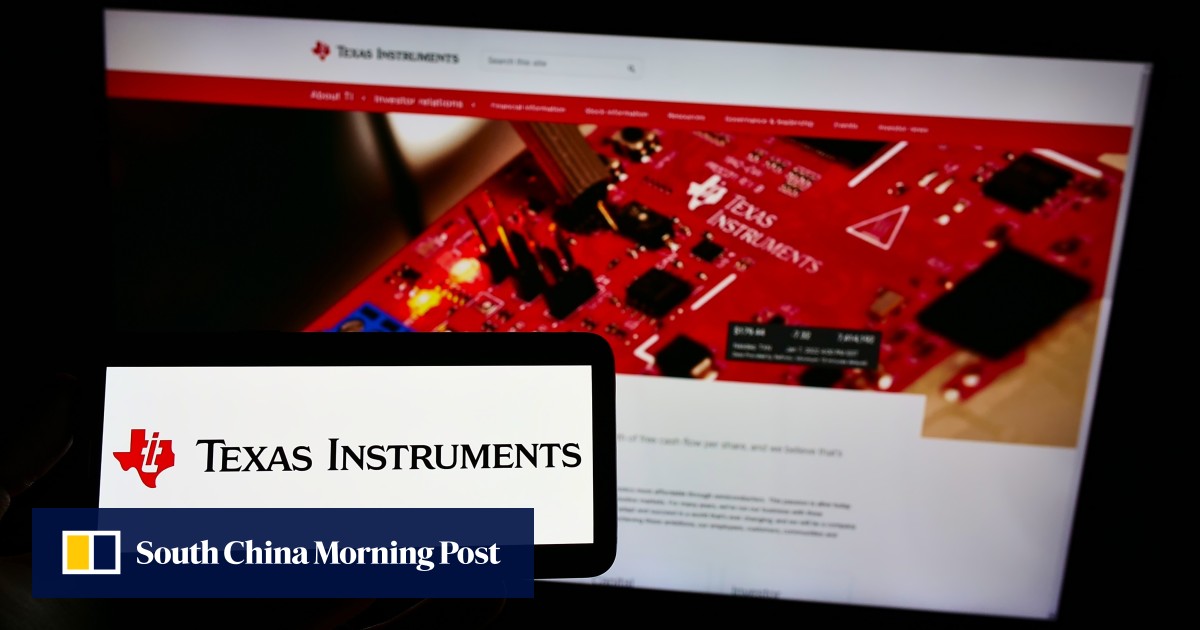Former general Prabowo Subianto was sworn in Sunday as president of Indonesia, seeking a more prominent position on the global stage for the world’s fourth most populous nation.
The 73-year-old fiery nationalist — accused of rights abuses during his time in the military — took the oath at parliament to officially succeed outgoing leader Joko Widodo.
“I swear that I will fulfil the duties of the president of the Republic of Indonesia as best as possible and as fair as possible,” he said.
Prabowo has committed himself to Indonesia’s non-aligned foreign policy, but has signalled that he will be bolder on the world stage.
He made China his first foreign visit after his election eight months ago, before embarking on trips to a dozen other countries including Russia, Saudi Arabia and Australia, where he signed a key security deal.
He will also inherit Southeast Asia’s largest economy and the world’s largest nickel reserves, taking lead of a country of 280 million where about half are below the age of 30.
Prabowo won by a landslide in the first round of the February vote, helped by the support of his running mate Gibran Rakabuming Raka, the 37-year-old son of Widodo, and bold campaign pledges including a $28 billion free meal plan for children.
The former defence minister, dressed in traditional attire, gave a bombastic speech to lawmakers who applauded him and chanted his name.
“We will lead the Indonesian government… by prioritising the interests of all Indonesian people including those who did not vote for us,” he said.
He spoke about presiding over a “peaceful democracy”, sticking to a “good neighbour” policy and said there was still too much corruption “at all levels”, before ending his speech with shouts of “freedom!”.
Prabowo was to then parade between parliament and the palace for a handover ceremony with Widodo, more popularly known as Jokowi, a former rival to whom he lost two election races in 2014 and 2019.
Several dozen diplomats attended his inauguration, including British foreign minister David Lammy and Chinese Vice President Han Zheng.
Security was heightened across the capital Jakarta ahead of the inauguration, with around 100,000 police and army personnel deployed.
Tens of thousands lined the streets of Jakarta as Prabowo became Indonesia’s eighth leader since the country achieved independence from Dutch colonial rule in 1945.
While supporters hailed his ascent to the presidency, critics have pointed to a chequered past.
NGOs and his former military bosses accuse Prabowo of ordering the abduction of democracy activists at the end of dictator Suharto’s rule in the late 1990s.
According to the Commission for the Disappeared and Victims of Violence, or Kontras, 23 activists were kidnapped between 1997 and 1998.
Nine were found alive, one was found dead and 13 are still missing.
Prabowo was discharged from the military over the abductions, but denied the allegations and was never charged.
The United States once refused to give Prabowo a visa because of his rights record, and he was also reportedly included on a blacklist in Australia for a while.
Prabowo has also been accused of involvement in military crimes in East Timor when it was under Indonesian occupation.
“Concerns remain about what Prabowo’s ascension may mean for democracy and human rights,” said Parker Novak, nonresident fellow at the Atlantic Council.
A new image won over younger voters in the last election, with Prabowo remodelling himself as a grandfatherly figure.
He shared images of his cats to his six million Instagram followers, while videos of him dancing went viral and painted him as the everyman candidate.
The decision to recruit Gibran as his running mate also proved popular, but courted controversy after rules were changed to lower the age for candidates.
Gibran’s popularity is tied to his father, who took Indonesia out of the Covid-19 pandemic relatively unscathed and back to five percent growth.
The outgoing president’s successor has set an even higher target of eight percent growth.
But experts say a bigger challenge lies ahead for Prabowo on the world stage.
“He will have to navigate inevitable tension between his country’s extensive economic relationship with China and growing security relationships with the United States and Australia,” said Novak.
AFP
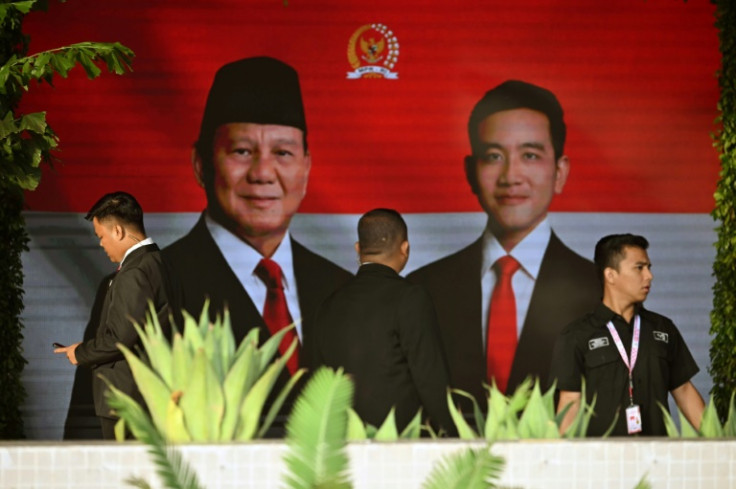
AFP
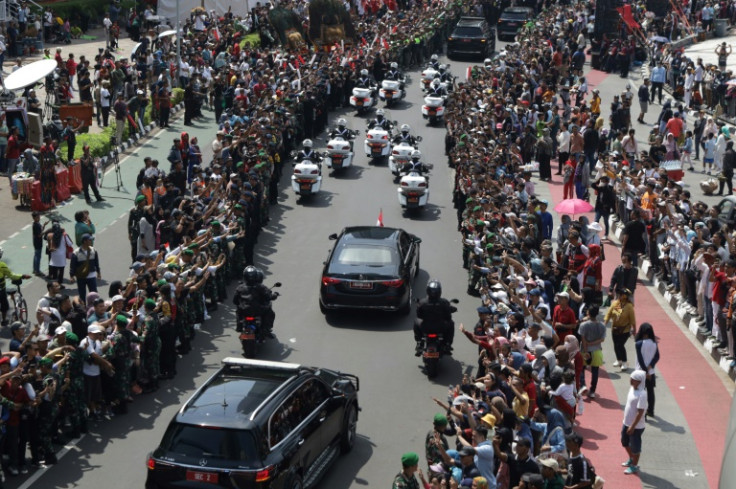
AFP

